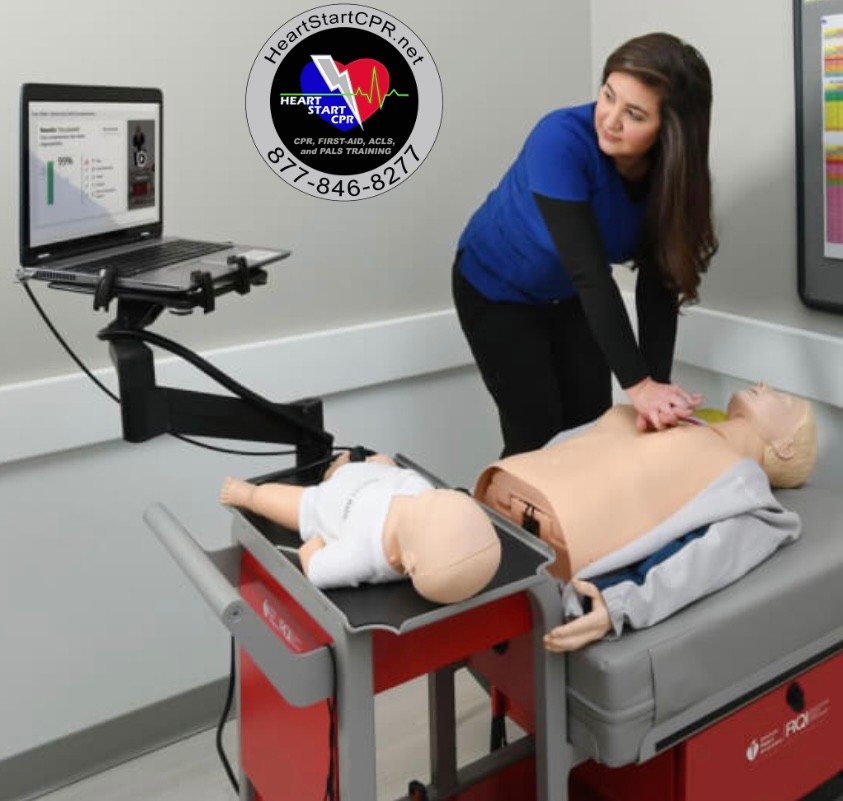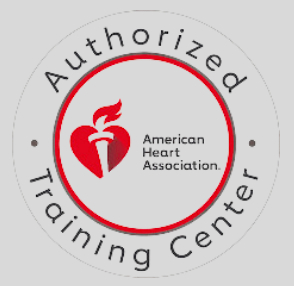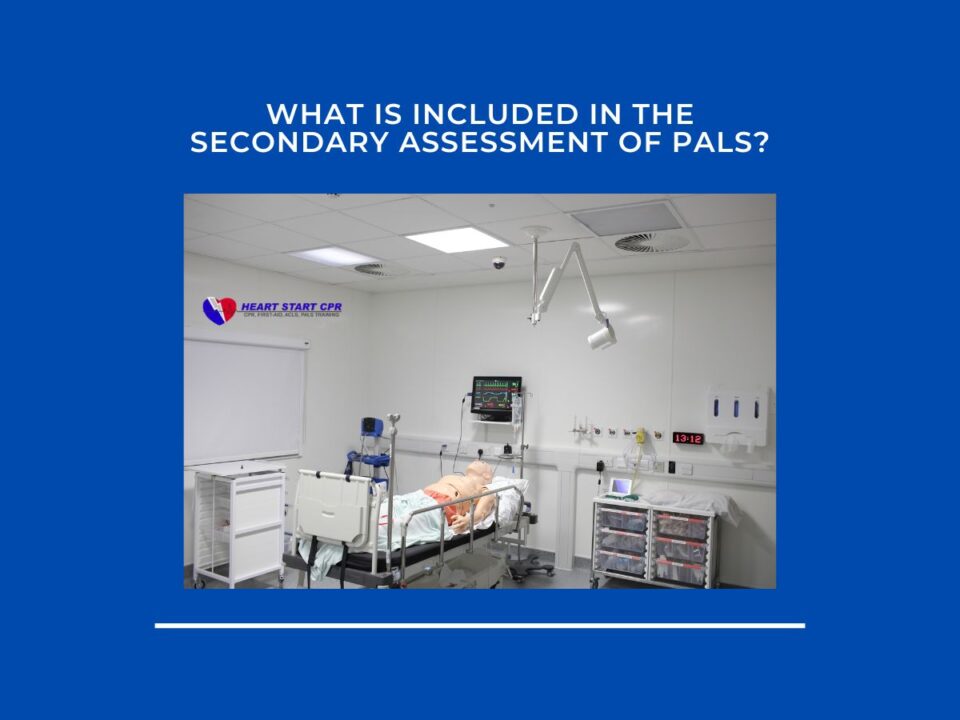
Which Type of Victim Requires High-Quality CPR?
May 15, 2024
What is the Correct Volume of Air to Deliver During BVM Ventilations?
May 16, 2024Heart failure or Congestive Heart Failure is a condition where the heart is unable to pump blood effectively, which leads to insufficient oxygen and nutrient delivery to the body’s tissues and organs. Heart failure affects millions of people worldwide.
According to the National Library of medicine, approximately 6.7 million Americans over 20 years of age have Heart failure. It leads to symptoms like shortness of breath, fatigue, and leg swelling. It’s important to understand heart failure and how to cure it. Reversing heart failure is not easy. Hence, you need to dive deep into its underlying cause and take proactive measures to beat it.
What are the Types of Heart Failure?
Heart failure comes in two main types: systolic and diastolic. Both types can lead to similar symptoms, like shortness of breath and fatigue, and require proper management for optimal health.
Systolic Heart Failure
Systolic heart failure, also known as heart failure with reduced ejection fraction (HFrEF), happens when the heart’s pumping ability is weakened. This means it struggles to push enough blood out to the body, leading to symptoms like shortness of breath, fatigue, and swelling. Common causes include heart attacks, high blood pressure, heart valve problems, and diseases like cardiomyopathy.
Diastolic Heart Failure
Diastolic heart failure happens when the heart’s lower chambers don’t relax enough to fill properly with blood. This makes it hard for the heart to pump blood to the body, leading to symptoms like shortness of breath and fatigue. It’s often linked to conditions like high blood pressure or diabetes and can be managed with medication and lifestyle changes.
What are the Causes of Heart Failure?
Heart failure can happen because of different cardiovascular problems and other health issues. Here are some common causes:
- Coronary Artery Disease (CAD)
- Hypertension (High Blood Pressure)
- Previous Heart Attack (Myocardial Infarction)
- Cardiomyopathy (heart muscle disease)
- Valve Disorders
- Congenital Heart Defects
- Diabetes, obesity, chronic kidney disease, thyroid disorders, lung diseases.
- Certain medications or substances (such as chemotherapy drugs or excessive alcohol consumption).
10 Ways to Reverse Heart Failure
Reverse heart failure does not mean you can completely change the state of your heart condition. But you can minimize its effects, reduce the impact, and increase heart health. You can achieve a reverse heart. However, it involves an all-around approach that addresses its root causes, optimizes medications, and promotes lifestyle modification. Here’s a list of ways that can contribute to reversing heart failure:
1. Adopt a Heart-Healthy Diet
A heart-healthy diet can help in reversing heart failure by providing essential nutrients and supporting overall cardiovascular health. A diet rich in fruits, vegetables, whole grains, and lean proteins helps to manage weight, lower blood pressure, and improve cholesterol levels. All of these are critical factors in mitigating the progression of heart failure. Additionally, reducing the intake of saturated fats, cholesterol, and sodium can ease the pressure on the heart and reduce the risk of complications associated with heart failure. By nourishing the body with the right nutrients, you can potentially reverse the effects of heart failure.
2. Exercise Regularly
Physical activity is very important for heart health. If you exercise daily, it helps to improve your heart function, strengthens muscles, and boosts overall cardiovascular fitness. Most healthcare professionals recommend at least 150 minutes of moderate-intensity aerobic exercise or 75 minutes of vigorous-intensity exercise per week, along with muscle-strengthening activities on two or more days per week.
3. Quit Smoking and Alcohol
Smoking and drinking too much seriously harm your heart. They weaken the heart muscle, raise blood pressure, and make your heartbeat irregular, all of which increase the risk of heart failure. Quitting these habits can give your heart a chance to heal and function more effectively. It’s a significant step towards improving heart health and potentially reversing the effects of heart failure.
4. Look for Your Mental Well-Being
Stress is also one of the major causes of heart failure. An unhealthy and stressful lifestyle can increase the risk of heart disease, hypertension, and other chronic conditions. So, take proactive steps to look after your mental well-being. Do stress-reducing activities like mindfulness, yoga, and meditation, or spend time in nature. Give priority to self-care and seek support from friends, family, or mental health professionals when needed. Remember, a healthy mind contributes to a healthy heart and can reverse heart failures.
5. Cardiac Rehabilitation
Participating in cardiac rehabilitation helps improve heart health and overall well-being through structured exercise training, education, and counseling. It will help you get your heart back on track. You’ll exercise under supervision, learn about heart-healthy habits, and get guidance on diet and stress management. It’s a safe space to ask questions and get support from people who understand what you’re going through. By taking part, you’re giving your heart the best chance to recover and thrive, improving not just your heart health but your overall well-being, too.
6. Medical Devices
You can also consider using medical devices like implantable cardioverter-defibrillators (ICDs), cardiac resynchronization therapy (CRT) devices, or ventricular assist devices (VADs) if recommended by your healthcare provider. These devices can help improve heart function and alleviate symptoms by regulating heart rhythms, enhancing pumping efficiency, or providing mechanical support to the heart. Discuss with your doctor to determine if these devices are suitable for your condition and can contribute to reversing heart failure.
7. Surgical Operations
To reverse heart failure, surgery might be needed. This could include fixing blocked arteries with bypass surgery, repairing or replacing faulty heart valves, or even getting a new heart through transplantation. These surgeries help the heart work better and can greatly improve how you feel. You can consult with your doctors and ask if surgery is the right choice for you. Though this might be expensive, if you can afford it, you can proceed.
8. Address Other Health Conditions
To reverse heart failure, it’s important to deal with other health issues too. That means taking good care of problems like high blood pressure, diabetes, obesity, or kidney problems. You can do this by making healthy lifestyle changes, taking prescribed medications, and keeping an eye on things with regular check-ups. By taking care of these other health problems, you’re giving your heart a chance to get stronger and reverse the effects of heart failure.
9. Regular Monitoring and Follow-Up
Regular monitoring and follow-up with healthcare providers for heart problems are crucial to tracking heart function, evaluating treatment progress, and making necessary adjustments. To reverse heart failure, it’s a must to prioritize regular monitoring and follow-up. You can attend scheduled appointments, stay updated on advancements in heart failure treatment, and follow the recommended guidelines consistently to manage and potentially reverse heart failure.
10. Participate in Clinical Trials
You can also participate in clinical trials for heart failure treatments. These trials often test new medications, procedures, or devices to improve heart function and overall health. By joining these trials, heart patients can gain knowledge on treatments that have the potential to reverse or slow the progression of heart failure. Furthermore, participating in clinical trials offers close monitoring and specialized care. This support can assist in managing their condition effectively, refining medication routines, and embracing healthier lifestyles. All of these are vital to achieving reverse heart failure.
What can be the Challenges to Achieving Reverse Heart Failure?
While achieving reverse heart failure is possible through dedicated efforts, it’s essential to acknowledge the challenges of this journey. It’s not an easy path. There might be problems along the way like:
- Remembering to take medications and make lifestyle changes can be hard.
- Other health problems like diabetes or high blood pressure can make it more complicated.
- Some people may not have access to special heart programs or doctors.
- Feeling sad, worried, and stressed can make it tough to stick to a plan.
- Even when doing everything right, the reasons behind heart failure can still be there.
So, Can Heart Failures Can Be Reversed?
Complete heart reversal is not attainable. For many years, heart failure has been seen as a condition that gets worse over time without much hope of reversing it completely. While that’s true, there’s still hope. By using traditional treatments, new therapies, and healthy lifestyle changes, we can significantly improve heart health and live longer. Although we can’t fully reverse heart failure, understanding its symptoms and making positive changes in our lives can make a big difference in fighting heart failure.
Similarly, in emergency situations where heart failure leads to cardiac arrest, CPR can provide temporary assistance and potentially increase the chances of restoring circulation until advanced medical interventions can be administered.
One can acquire CPR certification to be better prepared for such situations.






